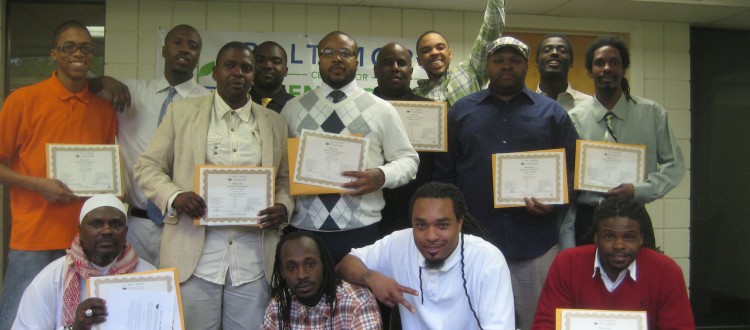Green energy: Baltimore’s next manufacturing industry?
The Baltimore Sun
By: Dana Stein
January 11, 2016
The Paris climate accord focused on replacing fossil fuels with green or renewable sources of energy, so as not to increase global temperature by more than 2 degrees Celsius. Overlooked in this view is the economic impact of such green technology, especially in former hubs of manufacturing like Baltimore. None other than Arnold Schwarzenegger articulated this point recently on his Facebook page.
Green energy has the potential to transform whole industries and create a new base of manufacturing and blue-collar jobs. What that means locally is that green technology can help retrain and reemploy Baltimoreans with well-paying jobs. These jobs are in demand and represent where the economy is heading — not where it’s been.
Achieving such a base here will require the partnership and cooperation of government, private businesses and non-profits — all focused on the goal of improving Baltimore’s economy by improving our planet’s environment.
An example of the type of successful partnership needed to train and employ city residents for the green technology economy is Civic Works’ Baltimore Center for Green Careers (BCGC). Since 2003, BCGC has trained unemployed or underemployed city residents in the skills needed for successful careers in brownfield remediation, residential energy efficiency and solar installation. The more than 500 graduates, predominantly African American and male, maintain an 85 percent job placement rate. This is significant given the unemployment rate for their peers is 37 percent.
In order to better serve city residents and meet growing industry demands, BCGC is partnering with private businesses, local foundations and the Mayor’s Office of Employment and Development to expand its solar installation training program.
The new, intensive three-month program will be the first of its kind in Maryland. It looks to fill the shortage of trained solar workers in the state. In 2014, solar energy related employment increased by 29 percent in Maryland. This rapid growth has led to a significant skills gap, with 87 percent of solar companies stating it’s difficult to find qualified workers for open positions.
The comprehensive training will teach underserved city residents the trade skills needed for immediate employment in the solar installation industry. To ensure employment, BCGC has secured commitments from seven solar installation companies to hire 60 graduates and provide family-sustaining wages at an average of $17 per hour. This means graduates can earn up to 51 percent above the per capita average for the city.
These types of training programs unlock the full potential of green energy. They help combat climate change by reducing carbon emissions. They give at-risk communities the skills needed to compete for and earn family-sustaining jobs. And they begin to build a foundation for these communities to continue to compete and succeed in a rapidly evolving global economy.
To unlock this potential, we need all players involved and committed to the fullest degree. In Baltimore, the mayor’s office has been instrumental in expanding high-performing training programs, while local foundations have helped launch new sector-based initiatives.
But more can be done, not just in Baltimore, but also across Maryland, to promote green energy training. Support from all levels of government will signal to private businesses that Maryland is friendly to green technology and willing to supply the trained and skilled labor force they need to thrive. It is in our collective economic and environmental interest for Maryland to be a leader in this growing business sector.
Green energy and technology is our future. Now is the time for Baltimore and Maryland to embrace it — both the economic benefits it offers today and the positive environmental impact it offers our children and future generations.
Dana Stein (dstein@civicworks.com) is executive director of Civic Works.
Read the full article here: http://www.baltimoresun.com/news/opinion/oped/bs-ed-green-technology-20160111-story.html

